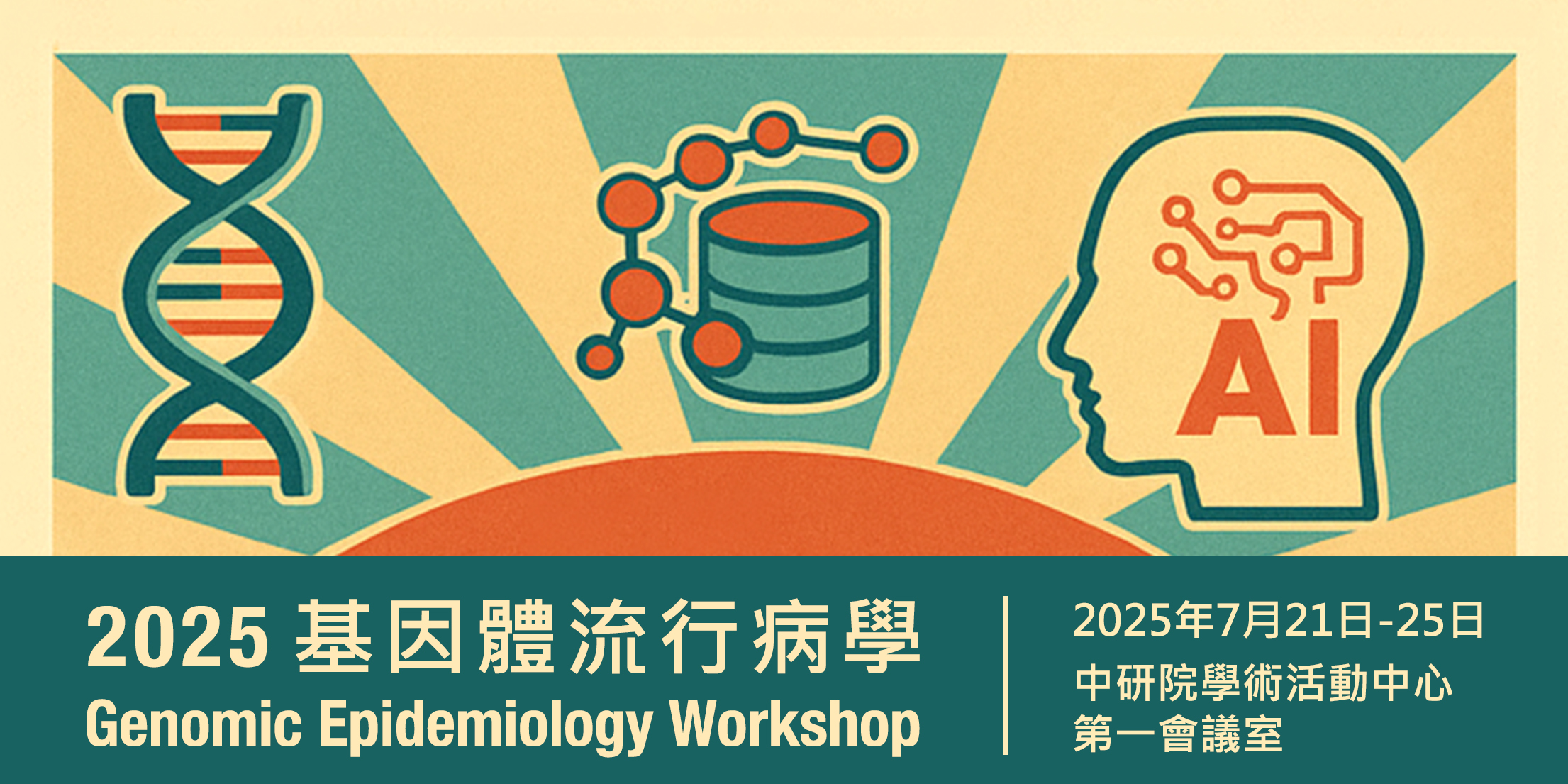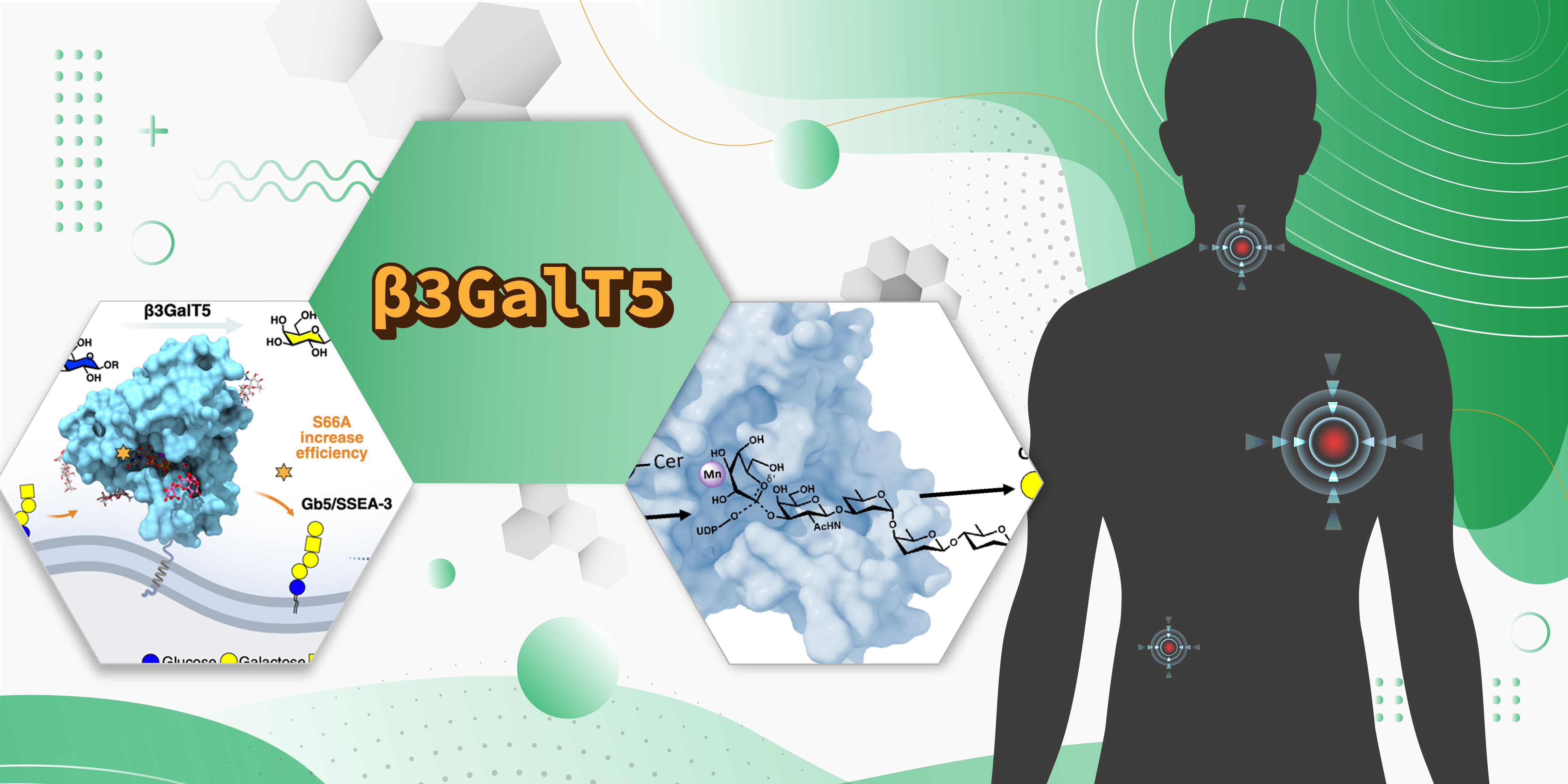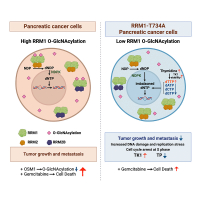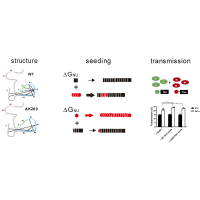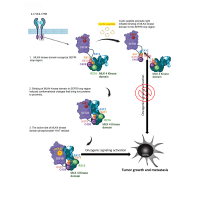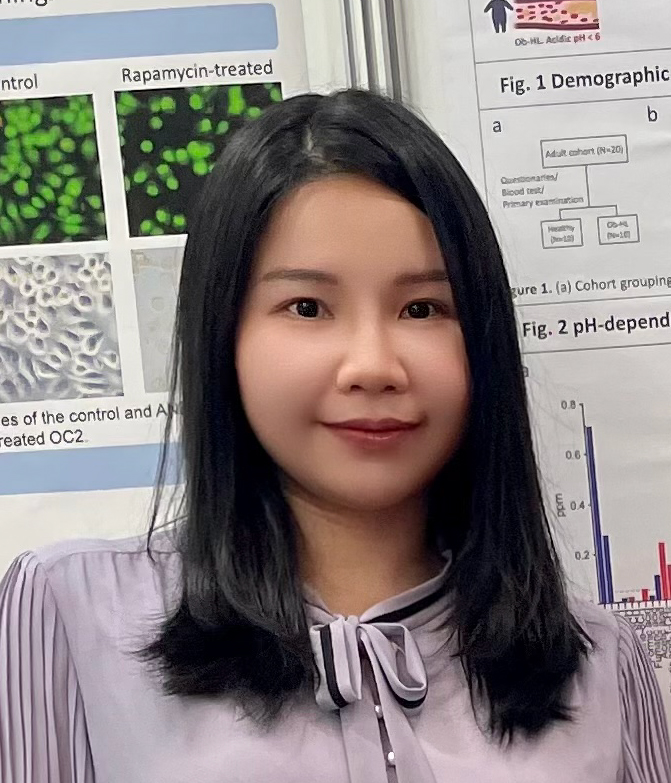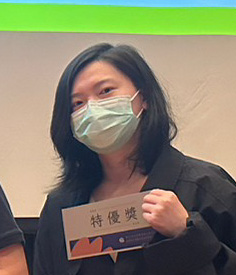EDUCATION AND POSITIONS HELD:
- B.S., Biology, Fu-Jen University, 1984
- Ph.D., Microbiology, UC Davis, 1991
- Postdoctoral Associate, Harvard Medical School, 1993-1996
- R&D Scientist, Bio-Rad Laboratories, 1996-1998
- Principal Investigator, Development Center for Biotechnology, 1999-2000
- Research Scientist, Genome Institute of Singapore, 2002-2008
- Associate Professor, National Central University, 2007-present
- Associate Professor, Genomics Research Center, Academia Sinica, 2008-present
- Associate Professor, National Taiwan University, 2011-2021
PATENTS:
- 2016/08/29 Japan App.: PCT ID: PCT/US2014/070226 (Japan: 10011-040JP). Kuo Ping Chiu and Yu-Shin Nai. Methods for full-length amplification of double-stranded linear nucleic acids of unknown sequences.
- 2016/08/05 China App.: Sinica file: 28A-1020829_CN (China: IPC 10011-040CN). Kuo Ping Chiu and Yi-Shin Nai. Plasma DNA amplification for assessment of cancer mutations.
- 2015/10 International Application: PCT/US 14170226 (Sinica File 28A-1020829_US; IPC 10011-040US). Kuo Ping Chiu and Yu-Shin Nai. Methods for full-length amplification of double-stranded linear nucleic acids of unknown sequences.
- 2016/09/30 Issued: Taiwan, IA0001/ACA0096TW. Kuo Ping Chiu, Yu-Shin Nai and Yu-Feng Huang. Methods for full-length amplification of double-stranded linear nucleic acids of unknown sequences.
- 2014/09/09 US 8829172. Kuo Ping Chiu et al. Novel multiplex barcoded Paired-End Ditag (mbPED) sequencing approach and its application in fusion gene identification.
- 2013/06/03 US 8481699. Kuo Ping Chiu. Multiplex barcoded Paired-End ditag (mbPED) library construction for ultra high throughput sequencing.
- 2013/04/23 US 8428882, Kuo-Ping Chiu et al. Methods of processing and/or genome mapping of diTag sequences.
- 2014/12/15 Patent application. Kuo Ping Chiu and Yu-Shin Nai. Methods for full-length amplification of double-stranded linear nucleic acids of unknown sequences.
RESEARCH INTERESTS:
Eukaryotic Gene Expression Regulation: Cancer biology
Cancer is a fascinating subject for studying gene expression and regulation in the eukaryotic system. The complexity of cancer, and many other diseases, requires a systematic and genome-wide approach, so to improve the reliability of results and to help identify the missing links in the cascade of gene expression regulation. We have setup a biotechnology-based sequencing platform at Genomics Research Center, which works closely with the TechComm sequencing facility at the National Taiwan University campus. These sequencing platforms are linked to multiple bioinformatics pipelines for various types of sequence data analysis. Besides cancer biology, we are also working on biotechnology development, anti-cancer mechanism of A. cinnamomea, developmental reprogramming, and a number of collaborative projects, including studies of cancer stem cell (CSC) transcriptomes, early onset breast cancer (EOBC), T-cell tolerance, and micro-RNAs.
Research collaborations are not limited within Academia Sinica. The idea is to facilitate Genomics researches by taking practical actions and by realistic sharing of sequencing experiences and software applications. Through broad connections and collaborations, we would like to help facilitate the study of Genomics and basic sciences and to strengthen the education system.
癌症是一種複雜的疾病, 也是研究真核生物基因調控的最佳材料之一. 本實驗室使用高效率的生物資訊技術來處理遺傳序列. 將基因表達的層次, 與染色質的狀態和基因轉錄因子在染色質上的結合位置關連起來,以提高實驗結果的可靠性. 並藉由病變細胞與正常細胞之間, 或不同的病變細胞之間, 的比較, 廣泛搜索乳癌, 肝癌, 與鼻咽癌等細胞內基因調控流程中的失控之處, 以找尋分子標靶, 用以治療或控制癌症. 同時, 我們將繼續發展生物科技, 以促進基因體學與基礎科學在台灣的發展.
SELECTED PUBLICATIONS:
- Yi-Hsuan Li, Yu-Feng Huang, Tzu-Han Chen, Shin-Shan Wu, Hsin-Chieh Tang, Chung-Yi Hsiao, Lung-Chun Huang, Ju-Chun Chang, Kuo-Ping Chiu, and Yu-Shin Nai, accepted, “Comparison of gut microbiota of healthy and diseased walking sticks, Phasmotaenia lanyuhensis”, ARCHIVES OF INSECT BIOCHEMISTRY AND PHYSIOLOGY, 105(4):e21749. (SCIE)
- Mohit K. Midha, Hsiao-Hsiang Yang, Tan-Chi Fan, Nai-Chuan Chang, Tzu-Han Chen, Yu-Tai Wang, Wen-Hung Kuo, King-Jen Chang, Chen-Yang Shen, Alice L. Yu, Kuo-Ping Chiu* and Chien-Jen Chen, accepted, “Comprehensive cohort analysis of mutational spectrum in early onset breast cancer patients”, Cancers, 12(8):2089. (SCIE)
- Mohit K. Midha, Hsiao-Hsiang Yang, Tan-Chi Fan, Nai-Chuan Chang, Tzu-Han Chen, Yu-Tai Wang, Wen-Hung Kuo, King-Jen Chang, Chen-Yang Shen, Chien-Jen Chen, Alice L. Yu and Kuo-Ping Chiu, 2020, “Comprehensive cohort analysis of mutational spectrum in early-onset breast cancer patients”, Cancers (Basel), 12(8), 2089.
- Midha MK, Wu M, Chiu KP, 2019, “Long-read sequencing in deciphering human genetics to a greater depth.”, Human genetics, 138(11-12),1201-1215. (SCIE)
- Chiu KP, Yu AL, 2019, “Application of cell-free DNA sequencing in characterization of bloodborne microbes and the study of microbe-disease interactions.”, PeerJ, 7, e7426. (SCIE)
- Huang YF, Chen YJ, Fan TC, Chang NC, Chen YJ, Midha MK, Chen TH, Yang HH, Wang YT, Yu AL, Chiu KP, 2018, “Analysis of microbial sequences in plasma cell-free DNA for early-onset breast cancer patients and healthy females.”, BMC medical genomics, 11(Suppl 1), 16. (SCIE)
- Chiang YS, Huang YF, Midha MK, Chen TH, Shiau HC, Chiu KP, 2018, “Single cell transcriptome analysis of MCF-7 reveals consistently and inconsistently expressed gene groups each associated with distinct cellular localization and functions.”, PloS one, 13(6), e0199471. (SCIE)
- Yu-Shin Nai, Yu-Feng Huang, Tzu-Han Chen, Kuo-Ping Chiu and Chung-Hsiung Wang. , 2017, “Determination of Nucleopolyhedrovirus’ Taxonomic Position”, editor(s): Shields VDC, Biological Control of Pest and Vector Insects, pp. 169-200, Rijeka, Croatia: InTech.
- Nai YS, Chen TH, Huang YF, Midha MK, Shiau HC, Shen CY, Chen CJ, Yu AL, Chiu KP, 2017, “T Oligo-Primed Polymerase Chain Reaction (TOP-PCR): A Robust Method for the Amplification of Minute DNA Fragments in Body Fluids.”, Scientific reports, 7, 40767. (SCIE)
- Kuo Ping Chiu, 2016, Next-Generation Sequencing and Sequence Data Analysis, 150 pages, Sharjah, United Arab Emirates: Bentham Science Publishers.
- Kuo Ping Chiu, 2016, “Applications of Single Cell Sequencing in Cancer”, editor(s): Fan-Gang Tseng and Tuhin Subhra Santra, Essentials of Single Cell Analysis, pp. 347-361, Heidelberg, Germany: Springer-Verlag GmbH.
- Yu-Feng Huang, Tzu-Han Chen, Yu-Tai Wong, David Glenn Smith, Kurtis Jai-Chyi Pei, and Kuo Ping Chiu., 2015, “Complete Taiwanese Macaque (Macaca cyclopis) Mitochondrial Genome: Reference-Assisted de novo Assembly with Multiple k-mer Strategy”, PLoS One, 10(6), e0130673. (SCIE)
- Chen, H.-S., S.-C. Hou, J.-W. Jian, K.-S. Goh, S.-T. Shen, Y.-C. Lee, J.-J. You, H.-P. Peng, W.-C. Kuo, S.-T. Chen, M.-C. Peng, H.-J. Wang, C.-M. Yu, I.-C. Chen, C.-P. Tung, T.-H. Chen, K. P. Chiu, C. Ma, C. Y. Wu, S.-W. Lin and A.-S. Yang, 2015, “Predominant structural configuration in natural antibody repertoires enables potent antibody responses against protein antigens”, Scientific Reports, 5, 12411. (SCIE)
- Hsu, H.-J., K. H. Lee, J.-W. Jian, H.-J. Chang, C.-M. Yu, Y.-C. Lee, I.-C. Chen, H.-P. Peng, C. Y. Wu, Y.-F. Huang, C.-Y. Shao, K.P. Chiu and A.-S. Yang, 2014, “Antibody variable domain interface and framework sequence requirements for stability and function by high throughput experiments”, Structure, 22(1), 22-34. (SCIE)
- Chang, H.-J., J.-W. Jian, H.-J. Hsu, Y.-C. Lee, H.-S. Chen, J.-J. You, S.-C. Hou, C.-Y. Shao, Y.-J. Chen, K.P. Chiu, H.-P. Peng, K. H. Lee and A.-S. Yang., 2014, “Loop sequence features and stability determinants in antibody variable domains by high throughput experiments”, Structure, 22(1), 9-21. (SCIE)
- Yen-Ju Chen, Mike W.C. Thang, Yu-Tzu Chan, Yu-Feng Huang, Nianhan Ma, Alice L. Yu, Chung-Yi Wu, Miao-Lin Hu, and Kuo-Ping Chiu, 2013, “Global assessment of Antrodia cinnamomea-induced microRNA alterations in hepatocarcinoma cells”, PLoS One, 8(12), e82751. (SCIE)
- Chan YT, Lin YC, Lin RJ, Kuo HH, Thang WC, Chiu KP, Yu AL, 2013, “Concordant and Discordant Regulation of Target Genes by miR-31 and Its Isoforms.”, PloS one, 8(3), e58169. (SCIE)
- Yu-Feng Huang†, Sheng-Chung Chen†, Yih-Shien Chiang, Tzu-Han Chen and Kuo-Ping Chiu, 2012, “Palindromic sequence impedes sequencing-by-ligation mechanism”, BMC Systems Biology, 6(Suppl 2), S10.
- Yih-Shien Chiang, Lock Ying Seng, You-Yu Lin, Shih-Hao Chen, Yu-Chang Su, Tzu-Han Chen, Hong-Chih Kuo, Chung-Hsuan Chen, Kuo Ping Chiu, 2010, “Single cell transcriptome analysis upon MCF-7 breast cancer”, 2 pages, paper presented at Beyond the Genome: The true gene count, human evolution and disease genomics, Boston, MA, USA: Genome Biology, 2010-10-11 ~ 2010-10-13.
- Mohamed Sabry Hamza, Sebastian Pott, Vinsensius B. Vega, Jane S. Thomsen, Gopalan Srinivasan Kandhadayar, Patrick Ng, Kuo Ping Chiu, Sven Pettersson, Chia Lin Wei, Yijun Ruan, and Edison T. Liu., 2009, “De-Novo identification of PPAR /RXR binding sites and direct targets during adipogenesis”, PLoS ONE, 4(3), e4907. (SCIE)
- Kuo Ping Chiu, 2008, “Review: Novel Applications of the Paired-End diTag (PET) Technology in Pharmacogenomics”, Current Pharmacogenomics and Personalized Medicine, 6, 23-32.
- Melissa Fullwood, Jack Tan, Patrick Ng, Kuo Ping Chiu, Jun Liu, Chia Lin Wei, and Yijun Ruan, 2008, “The Use of Multiple Displacement Amplification to Amplify Complex DNA libraries”, Nucleic Acid Research, 36(5), e32. (SCIE)
- Xiao Dong Zhao, Xu Han, Joon Lin Chew, Jun Liu, Kuo Ping Chiu, Andre Choo, Yuriy L. Orlov, Wing-Kin Sung, Atif Shahab, Vladimir A. Kuznetsov, Guillaume Bourque, Steve Oh, Yijun Ruan, Huck-Hui Ng, and Chia-Lin Wei, 2007, “Whole genome mapping of histone H3 Lys4 and 27 trimethylations reveals distinct genomic compartments in human embryonic stem cells”, Cell Stem Cell, 1(3), 286-298. (SCIE)
- Ching-Aeng Lim, Fei Yao, Joyce Jing-Yi Wong, Joshy George, Han Xu, Kuo Ping Chiu, Wing-Kin Sung, Leonard Lipovich, Vinsensius B. Vega, Joanne Chen, Atif Shahab, Xiao Dong Zhao, Martin Hibberd, Chia-Lin Wei, Bing Lim, Huck-Hui Ng, Yijun Ruan, and Keh-Chuang Chin, 2007, “Genome-wide Mapping of RELA(p65) Binding Identifies E2F1 as a Transcriptional Activator Recruited by NF-kB upon TLR4 Activation”, Molecular Cell, 27(4), 622-635. (SCIE)
- The ENCODE Project Consortium, 2007, “Identification and analysis of functional elements in 1% of the human genome by the ENCODE pilot project”, Nature, 447(7146), 799-816. (SCIE)
- Kuo Ping Chiu, Pramila Ariyaratne, Han Xu, Adrian Tan, Patrick Ng, Edison Tak-Bun Liu, Yijun Ruan, Chia-Lin Wei, and Wing-Kin Ken Sung , 2007, “Pathway aberrations of murine melanoma cells observed in Paired-End diTag transcriptomes”, BMC Cancer, 7, 109. (SCIE)
- Chin-Yo Lin, Vinsensius B Vega, Jane S Thomsen, Tao Zhang, Say Li Kong, Min Xie, Kuo Ping Chiu, Leonard Lipovich, Daniel H Barnett, Fabio Stossi, Ailing Yeo, Joshy George, Vladimir A Kuznetsov, Yew Kok Lee, Tze Howe Charn, Nallasivam Palanisamy, Lance D Miller, Edwin Cheung, Benita S Katzenellenbogen, Yijun Ruan, Guillaume Bourque, Chia-Lin Wei, and Edison T Liu. , 2007, “Whole-Genome Cartography of Estrogen Receptor alpha Binding Sites”, PLoS Genet, 3(6), 867-885. (SCIE)
- Karen I. Zeller, XiaoDong Zhao, Charlie W. H. Lee, Kuo Ping Chiu, Hong Sain Ooi, Fei Yao, Atif Shahab, How Choong Yong, YuTao Fu, Zhiping Weng, Vladimir A. Kuznetsov, Wing-Kin Sung, Yijun Ruan, Chi V. Dang, and Chia-Lin Wei , 2006, “Global mapping of c-Myc binding sites and target gene networks in human B cells”, Proceedings of the National Academy of Sciences of the United States of America, 103(47), 17834-17839. (SCIE)
- Patrick Ng, Jack J.S. Tan, Hong Sain Ooi, Yen Ling Lee, Kuo Ping Chiu, Melissa J. Fullwood, Clotilde Perbost, Lei Du, Wing-Kin Sung, Chia-Lin Wei, and Yijun Ruan , 2006, “Multiplex sequencing of Paired-End Ditag (MS-PET): a strategy for the ultra-high-throughput analysis of transcriptome and genomes”, Nucleic Acid Research, 34(12), e84. (SCIE)
- Kuo Ping Chiu, Chee-Hong Wong, Qiongyu Chen, Pramila Ariyaratne, Hong Sain Ooi, Chia-Lin Wei, Wing-Kin Ken Sung, and Yijun Ruan , 2006, “PET-Tool: a software suite for comprehensive processing and managing of Paired-End diTag (PET) sequence data”, BMC Bioinformatics, 7, 390. (SCIE)
- Yuin-Han Loh, Qiang Wu, Joon-Lin Chew, Vinsensius B. Vega, Weiwei Zhang, Xi Chen, Guillaume Bourque, Joshy George, Bernard Leong, Jun Liu, Kee-Yew Wong, Ken W. Sung, Charlie W.H. Lee, Xiao-Dong Zhao, Kuo-Ping Chiu, Leonard Lipovich, Vladimir A. Kuznetsov, Paul Robson, Lawrence W. Stanton, Chia-Lin Wei, Yijun Ruan, Bing Lim, and Huck-Hui Ng. , 2006, “The Oct4 and Nanog transcription network regulates pluripotency in mouse embryonic stem cells. ”, Nature Genetics, 38(4), 431-440. (SCIE)
- Chia Lin Wei, Qiang Wu, Vinsensius B. Vega, Kuo Ping Chiu, Patrick Ng, Tao Zhang, Atif Shahab, Azmi Ridwan, YuTao Fu, Zhiping Weng, Jian Jun Liu, Vladimir A. Kuznetsov, Ken Sung, Bing Lim, Edison Liu, Qiang Yu, Huck Hui Ng, and Yijun Ruan , 2006, “A global mapping of p53 transcription factor binding sites in the human genome”, Cell, 124(1), 207-219. (SCIE)
- The FANTOM3 Consortium, 2005, “The transcriptional landscape of the mammalian genome”, Science, 309(5740), 1559-1563. (SCIE)
- Patrick Ng, Chia Lin Wei, Wing-Kin Ken Sung, Kuo Ping Chiu, Leonard Lipovich, Chin Chin Ang, Sanjay Gupta, Atif Shahab, Chee Hong Wong, Azmi Ridwan, Edison T. Liu, and Yijun Ruan , 2005, “Gene identification signature (GIS) analysis for transcriptome characterization and genome annotation ”, Nature Methods, 2(2), 105-111. (SCIE)
- Chia Lin Wei, Patrick Ng, Kuo Ping Chiu, Chee Hong Wong, Chin Chin Ang, Leonard Lipovich, Edison T. Liu, and Yijun Ruan , 2004, “5’ long serial analysis of gene expression (LongSAGE) and 3’ LongSAGE for transcriptome characterization and genome annotation”, Proceedings of the National Academy of Sciences of the United States of America, 101(32), 11701-11706. (SCIE)
- Kuo Ping Chiu, Karen Duca, Steve A. Berman, Thomas Sullivan, and Sherry Bursztajn, 1996, “A novel in situ double labeling method for simultaneous detection of mRNA and expressed protein or two different mRNAs”, Journal of Neuroscience Methods, 66(2), 69-79. (SCIE)
- Chiu KP, Sullivan T, Bursztajn S, 1996, “Improved in situ hybridization: color intensity enhancement procedure for the alkaline phosphatase/Fast Red system.”, BioTechniques, 20(6), 964-6, 968. (SCIE)
- Kuo Ping Chiu, Steve H. Cohen, David W. Morris, and George W. Jordan, 1992, “Intracellular amplification of proviral DNA in tissue sections using the polymerase chain reaction”, Journal of Histochemistry & Cytochemistry, 40, 333-341. (SCIE)
PRESENTATIONS (2008 – 2016)
- Invited speaker (2016/10/13): A Cohort Study of Early Onset Breast Cancer. In Diagnostics Summit 2016, Biopolis, Singapore.
- Invited speaker (2016/06/22): T Oligo-Primed Polymerase Chain Reaction (TOP-PCR): A Robust Method for the Amplification of Minute Amount of DNA Fragments from Body Fluids. In The Liquid Biopsy Summit, San Francisco, USA.
- Invited speaker (2013/10/08): Multiplex barcoded Paired-End Ditag (mbPED) for ultra high throughput sequencing. In 3rd Annual Next Generation Sequencing Asia Congress, 8th & 9th October 2013, Singapore.
- Selected oral presentation (2013/06/21): Multiplex barcoded Paired-End Ditag (mbPED) for ultra high throughput NGS sequencing. In Nucleic Acid Summit, June 19-21, 2013, San Francisco, California.
- Invited speaker (2012/12/21): What we have learned from the study of Antrodia cinnamomea. At Department of Food Science and Biotechnology, National Chung-Hsing University, Taichung, Taiwan.
- Invited speaker (2012/12/13): Palindromic sequence impedes sequencing-by-ligation mechanism. In 23rd International Conference on Genome Informatics (GIW2012), to be held at National Cheng Kung University, Tainan, Taiwan.
- Invited speaker (2012/09/20): Multiplex barcoded Paired-End Ditag (mbPED) for ultra high throughput sequence data analysis. In International Symposium of Root Systems Biology, held at Academia Sinica, Taipei, Taiwan.
- Colloquium lecture (2011/03): Single cell transcriptome analysis of MCF-7 breast cancer cell population. At National Central University, ChungLi, Taiwan.
- Oral presentation (2010/11): Single cell transcriptome analysis of MCF7 breast cancer cell population using Next-Generation Sequencing. In Systems Biology and Bioinformatics Symposium. At Tsing-Hua University, Taiwan.
- Poster presentation (2010/10): Single cell transcriptome analysis of MCF7 breast cancer cell population. In ‘Beyond the Genome’ International Conference, held at Harvard Medical School, USA.
- Oral presentation (2009/10): Unraveling the mystery of gene expression and regulation/dysregulation by sequencing. In 2nd Symposium on Molecular Medicine in Post-genomic Era, held in Taipei Taiwan.
- Oral presentation (2009/10): Applications of Next-Generation Sequencing technology on systems biology. At National Chang Gung University, Taoyuan Taiwan.
- Poster presentation (2008): Analysis of the MCF-7 breast cancer transcriptome and effects of estrogen using an ultra-high-throughput Multiplex Sequencing-coupled Paired-End diTag (MS-PET) approach. In Keystone Symposia, held in Keystone, Colorado USA.
